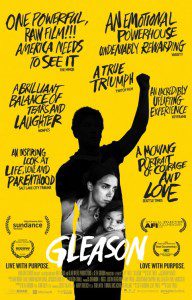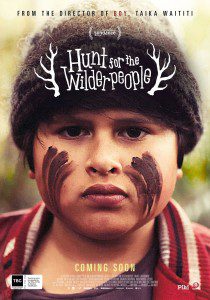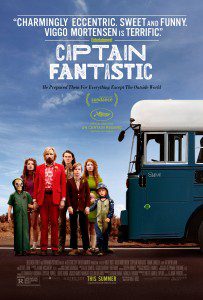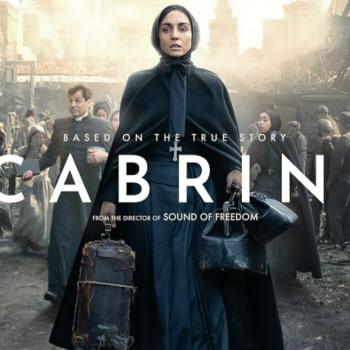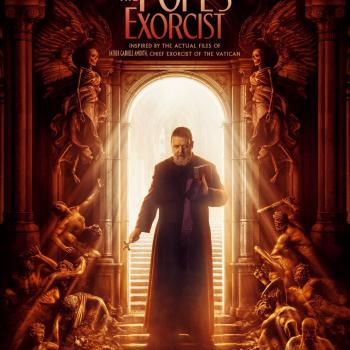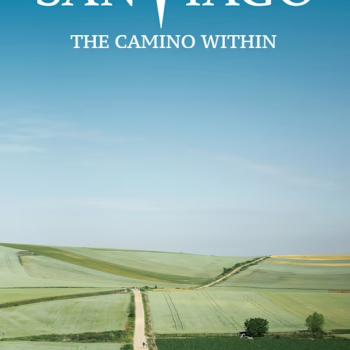Fathers are a theme that keeps emerging in this summer’s movies. We always complain about how women are portrayed in films but how often do we consider the role of fathers? Here are three worthy films that probably deserve more analysis on how fatherhood is presented that I provide here, but if you like meaningful movies, these might be a good choice for you.
‘Gleason’
Steve Gleason played defense for the New Orleans Saints for seven seasons and is famously remembered for a punt he made that blocked a touchdown in a 2006 game against the Atlanta Falcons — the first game and win at the Superdome post-Hurricane Katrina. He retired in 2008, married Michel Varisco, and in 2011 was diagnosed with the debilitating ALS, or Lou Gehrig’s disease. He was 34 years old.
This documentary began as a video diary for his son Rivers when he was still in the womb. Steve was intent on leaving images of himself speaking words of wisdom for Rivers, insights and advice that every father should share with his son. Steve’s relationship with his father Mike, however, was one that Steve didn’t want to emulate. That was the other thing he wanted to do before he lost his voice — to reconcile with his dad.
Mike has cleaned up his act now, joined AA and goes to church. He pushes religion on Steve with the fervor of a new convert and convinces him to go to a faith healer. In another scene, Steve tells his father strongly not to try to understand his relationship with God or worry about his salvation. Mike finally accepts this.
“Gleason” is not always an easy film to watch, as we see Steve struggle to be a husband and father while the disease takes its toll on his bodily functions. His wife Michel is just as much a hero. In one scene she is feeding Steve with one hand and giving a bottle to the baby with another. Later on, in a dark moment, when Steve can only communicate using his eyes and his banked voice, he accuses the exhausted Michel of not caring for him.
The film is close-up and personal. The inspiration of this film is in Steve’s optimism and innate wisdom, in how he commits himself so deeply to Rivers as a father. “My style,” he says, “is not to sugarcoat anything.” Steve’s legacy is his son and his and Michel’s work with their TeamGleason.org foundation to provide voice and wheelchair technology to ALS patients as well as to find a cure. Even as his ALS progresses, Steve Gleason is someone who just won’t give up. His motto is: “No white flags.”
‘Hunt for the Wilderpeople’
I thought the best film I’ve seen this year was “The Man Who Knew Infinity,” but I am choosing this small, quirky and very funny film from New Zealand as the best movie of the summer.
Middle-aged Bella (Rima Te Wiata) welcomes Ricky (Julian Dennison) a 12-year-old foster kid from the city who doesn’t fit in any of the foster homes he has been in since birth. New Zealand children’s social services places with Ricky with Bella and and her brusque husband Hector (Sam Neill). Once Ricky, who wants to be a rapper and gangsta, sees the remote ranch in the bush, he gets back in the car and refuses to budge. But Paula (Rachel House) from children’s services is adamant that Ricky stay.
Bella suggests that Ricky call her and “Hec” auntie and uncle. Once in his room for the night he finds a water bottle that Bella placed in his bed to warm it up. It’s as if he has never experienced anything so caring before. When Bella comes in to say good night, she apolgizes for not finding him and bringing him to their home sooner.
But Ricky runs away just the same. He gets lost and Bella is waiting for him in the morning when he wakes up in a field about 200 meters from the house. Things seem to be going well when Bella suddenly dies. It’s a great loss, and after the funeral Ricky runs off again after sort of accidentally setting the barn on fire. This time Hec finds him to bring him back. On the way, Hec falls, breaks a leg and can’t move for six weeks and Ricky has to learn how to cope very quickly. When Paula goes to the house to retrieve Ricky for another placement because of Bella’s death, she raises the alarm when she sees the burnt barn. All of a sudden Hec and Ricky are fugitives.
Once Hec can walk he and Ricky hobble their way across the mountains taking food from remote cabins. Armed policemen and helicopters track their movements. This film has the most hilarious car chase, or broken down pick-up truck chase, you’ve seen in years.
In the months they are on the move Ricky and Hec develop a relationship; by the end of the film and after highly entertaining adventures and capture, Ricky asks if he can call Hec “uncle” at last. Hec is the father Ricky has never had, and Ricky the son Hec never had. They save each other, though “save” might not be the word Hec has in mind as things go further sideways. “Hunt for the Wilderpeople” is suffused with humor, kindness and love. There are poignant moments when Ricky talks about a friend who died in foster care and the mother he’s never known. Based on the book Wild Pork And Watercress by Barry Crump, the film is, as one critic put it, “comedic dynamite” and so is young Julian Dennison as Ricky.
‘Captain Fantastic’
This is a film for the grownups in the room. It’s about Ben, a dad (Viggo Mortensen) who is raising his six children, ages 17 or so down to 6 or 7, on his own on a remote mountain in Washington State. He has them up early for training and directs their studies. When he sees one of the girls reading Lolita, he asks why because it was not assigned. Then he asks her to critique the meaning of the novel, which she does with clarity and intelligence well above her grade level.
There is no drama over body parts and functions in the film; the body is what it is. When the youngest boy asks where babies come from as the family rides in their converted bus, Ben responds with the facts as he drives. On that same journey, Ben calmly comes out of the bus in the morning completely naked — as if it’s normal — shocking the elderly couple walking by.
Not long into the film, the children ask about their mom, Leslie (Trin Miller), and when she is coming home. Ben says she is still sick and in the hospital, the one time he doesn’t tell the whole truth to the kids. But that changes when she takes her own life in a mental facility located near her parent’s home; he must tell them about her mental illness. They demand to go to the funeral even though Ben’s father-in-law Jack (Frank Langella) says he’ll call the cops on Ben for endangering the lives of his grandchildren.
They do go to the funeral and it’s a tough journey. They “liberate food” from a super market along the way. The oldest son has secretly applied to colleges and was accepted to several Ivy League universities; another son cannot stand living on the mountain and wants to stay with his grandparents. Their rebellion at his authority makes Ben question the radical anti-establishment lifestyle he and Leslie chose for them.
Leslie’s parents are Catholic, and Ben demands, unsuccessfully, that she be cremated because she was a Buddhist. There is one more incident of “liberation” by the family, and I think the incident opens a window on the mysterious dynamics of any closely-knit family and a father who loves them.
I am ambivalent about the ending of “Captain Fantastic.” Is this a subtly political story about a couple that does not believe in what has become of America and they won’t raise their kids that way? Or is it a story about a man who is trying to protect the dream he and his wife had when they were young and idealistic and raging against capitalism, consumerism and the machine? Or is it about making adjustments in life when you find out your children are the individuals you brought them up to be? Once you decide what the story is about really, then you can judge the ending and ask: If you were Ben, what would you have done?
This unique film is by actor-turned-writer and director Matt Ross about family, parenting, lifestyle, mental illness and beliefs. I cannot think of another film to even compare it to.
For more visit Sr. Rose at the National Catholic Reporter

